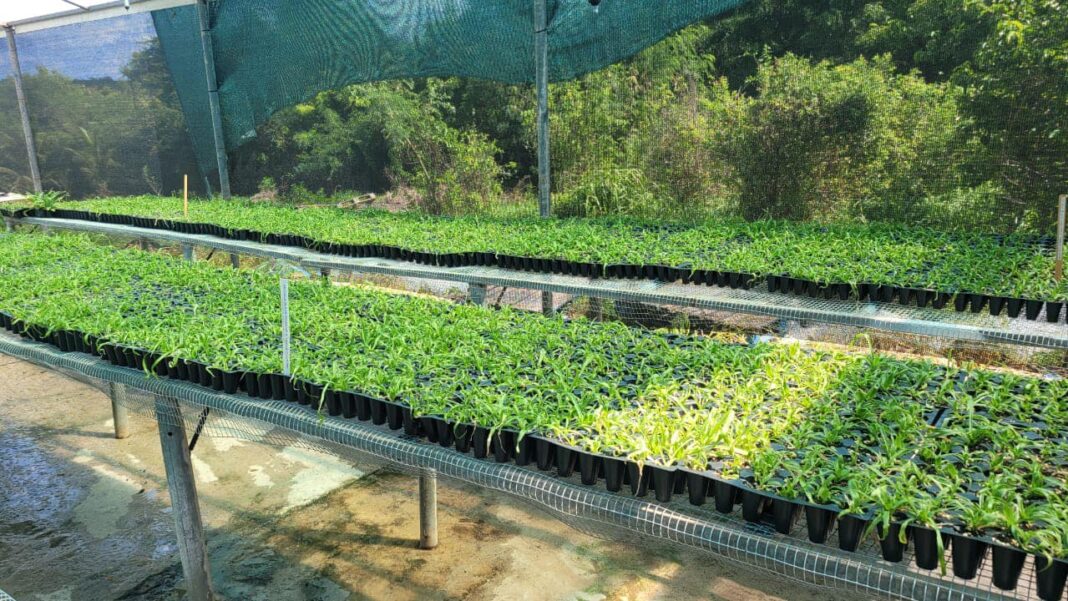Minister of Agriculture Anthony Smith Jr has revealed some of the Ministry’s plans on how best Antigua and Barbuda can utilize the vast acres of land in Venezuela granted to the country under the recently signed AgroAlba deal.
During a press conference hosted by the Agriculture Ministry at the Multipurpose Cultural and Exhibition Center on Tuesday, the minister said that the Venezuelan land — granted through the agreement signed in November 2024 — could be used to focus on producing raw materials for local feed production.
“One of the complaints that we’ve had from the Layers Association in the production of eggs is the cost of shipping the feed into Antigua and Barbuda takes up about 40 percent of the cost here,” Smith Jr said.
He added that developing the feed mill infrastructure locally would support livestock farmers.
“We could go and plant acres and acres of corn and other things that you use – beans — to be able to produce the raw material that we would need to create the feed for farmers here,” he said.
The Agro-Alba initiative, which first began with St Vincent and the Grenadines signing on November 6, allows ALBA-TCP member nations access to Venezuelan land for farming pursuits.
ALBA-TCP comprises Cuba, Nicaragua, Bolivia, Venezuela, Antigua and Barbuda, St Vincent and the Grenadines, St Kitts and Nevis, St Lucia, and Dominica.
Also emphasizing the potential economic impact, Director of Agriculture Gregory Bailey said: “We anticipate once we get to that type of scale, we could drastically reduce the feed cost.”
Meanwhile, Bailey also reported that 11,000 pineapple plants were currently under cultivation at Cades Bay, with plans to expand to 200,000 over the coming years.
The initiative began with 25 tissue samples sent to St Vincent’s Orange Hill Biotechnology Agriculture Centre for multiplication.
“We are at the fundamental stage now where we are trying to generate the planting material in order to share the planting material and thereby provide the foundation to build the sector,” Bailey explained.
The Cades Bay Agricultural Station was at its peak in the early 1980s with 20 acres of the Antigua Black Pineapple in production.
The current restoration project is funded under the IICA DG Single Fund for Technical Cooperation.
Bailey also noted that pineapple production requires significant time investment.
“Pineapple is not a three-month crop; the crop duration itself is quite lengthy and you usually don’t get food before 14 months even if you use hormones,” he noted.
The Ministry’s focus will remain on generating sufficient pineapple planting material rather than food production for the next two years.




